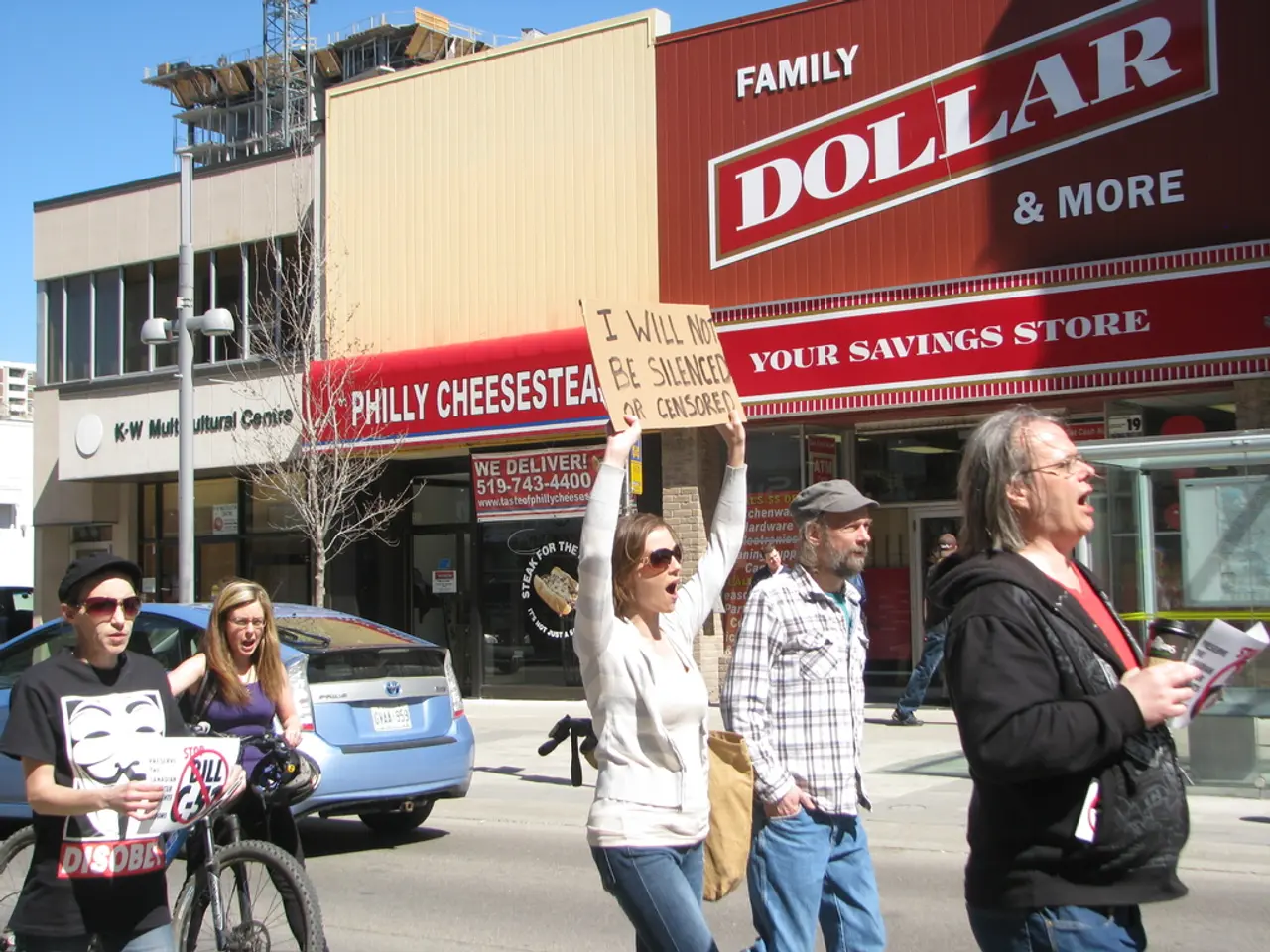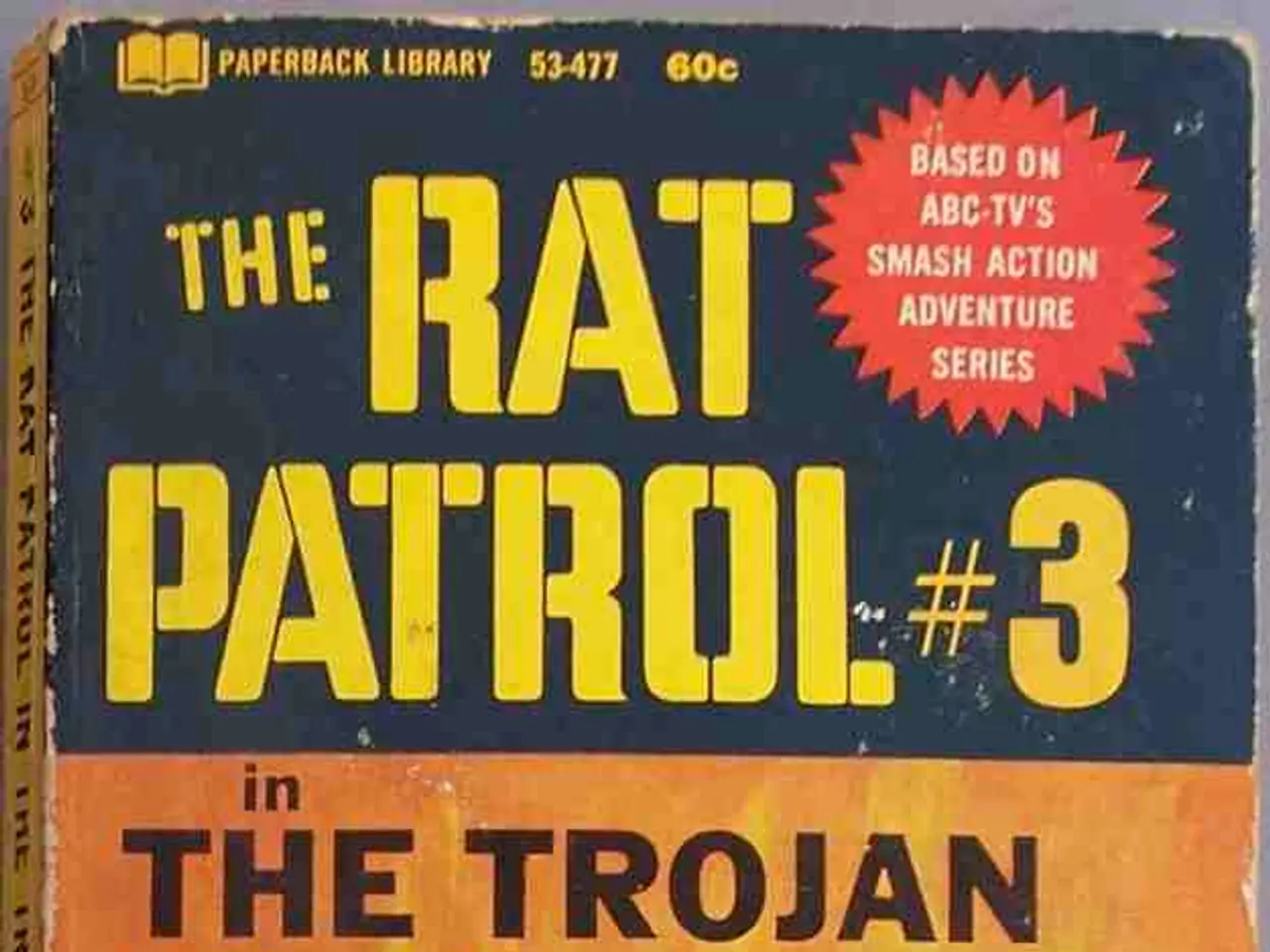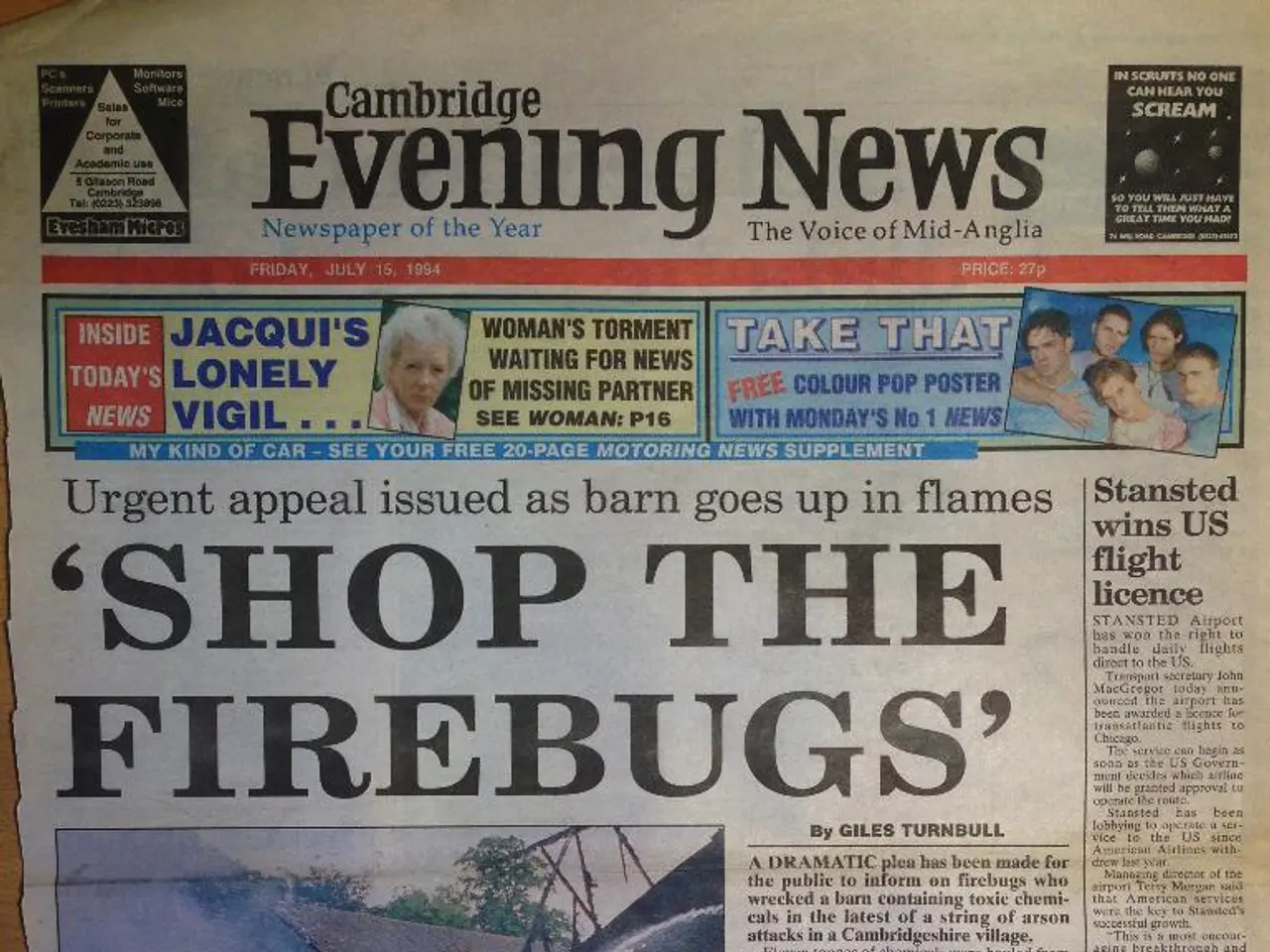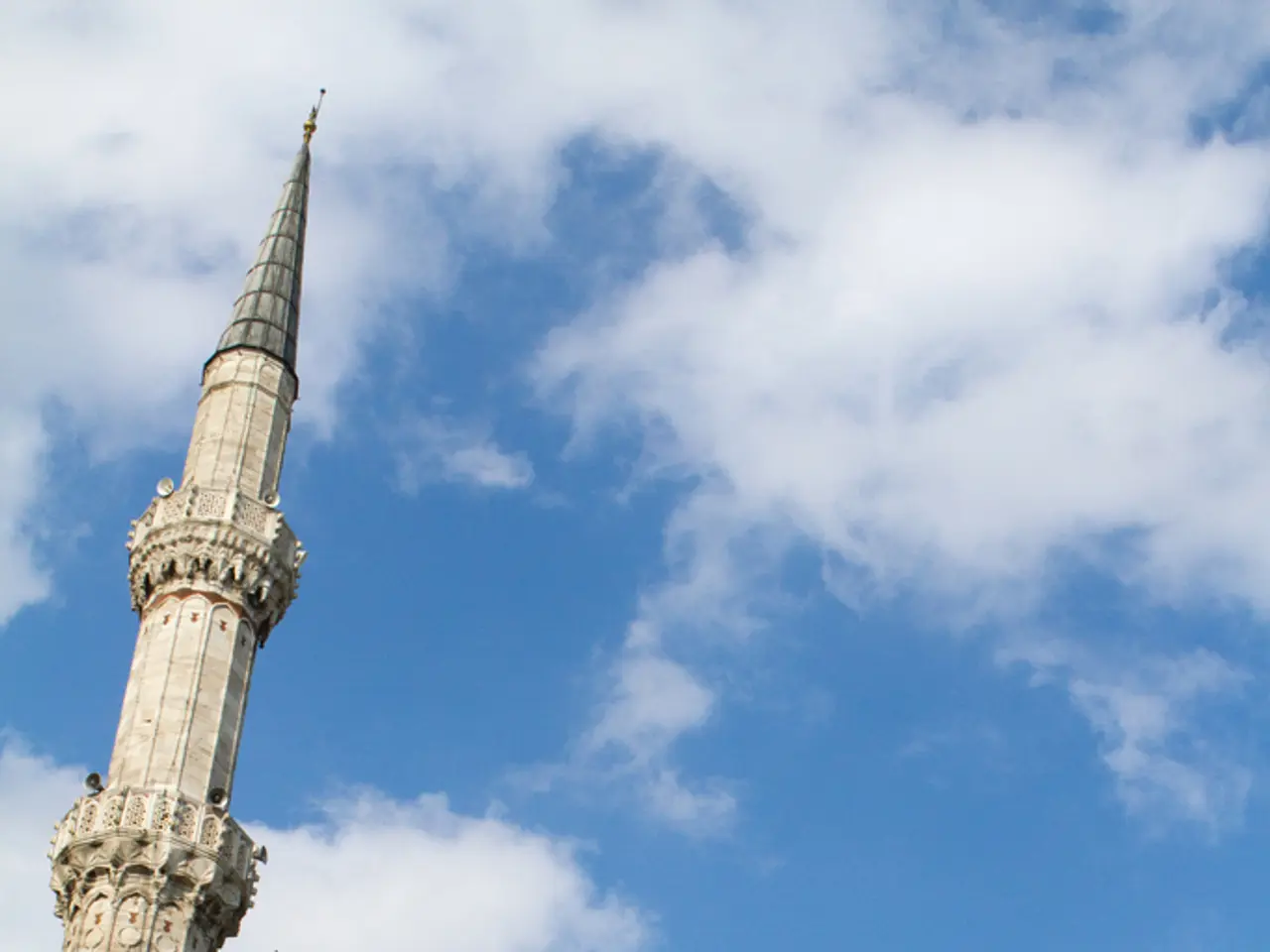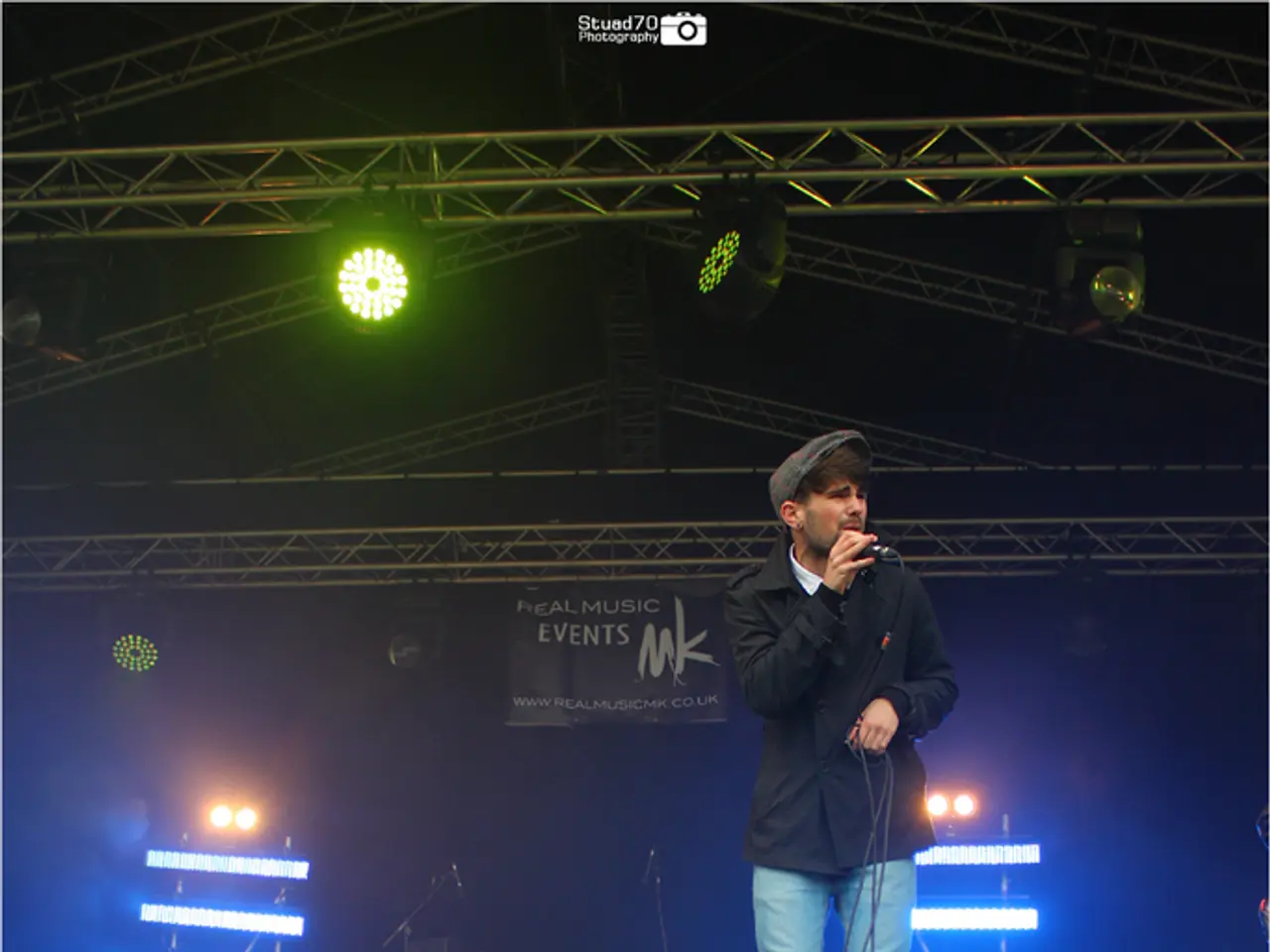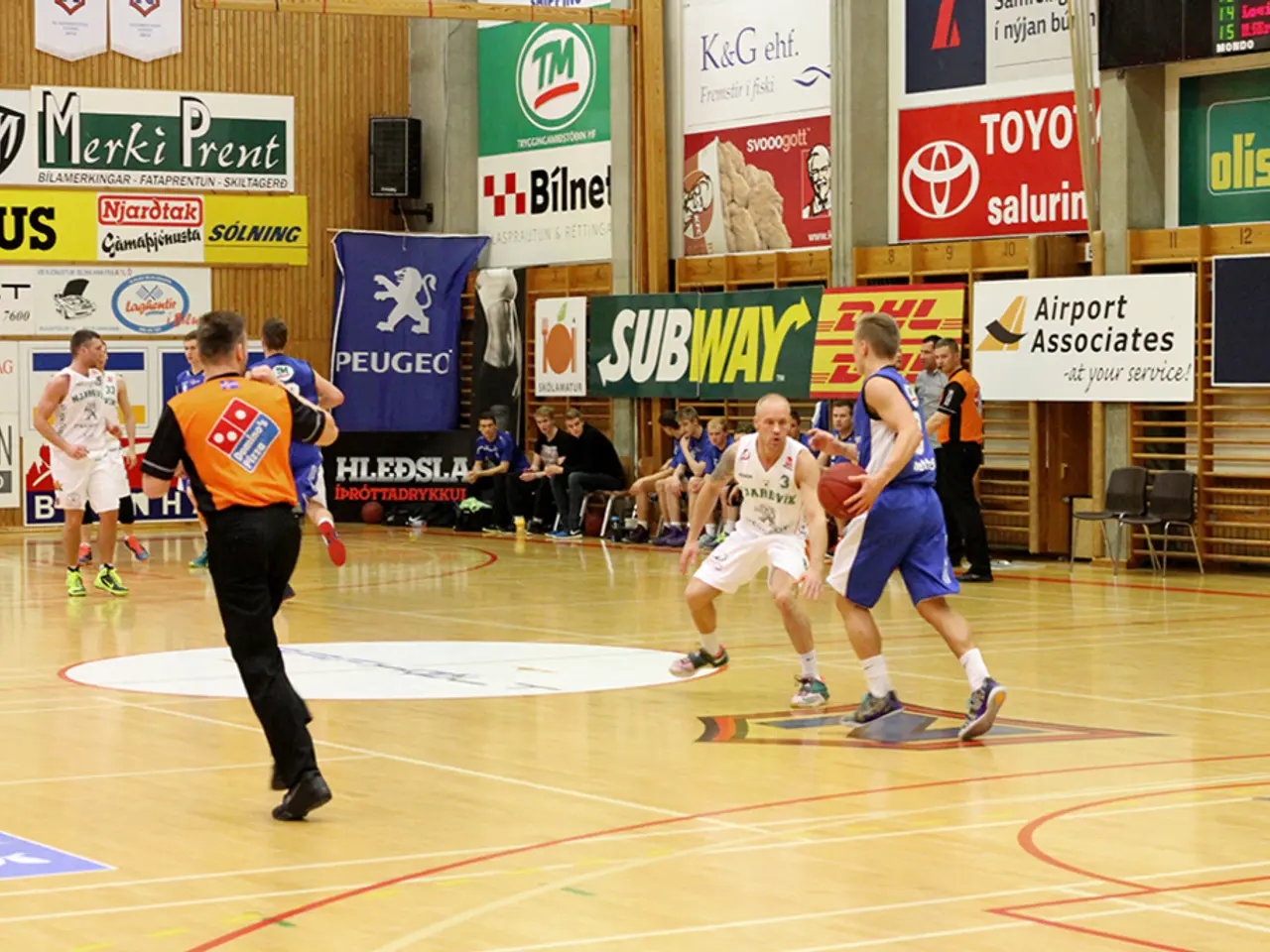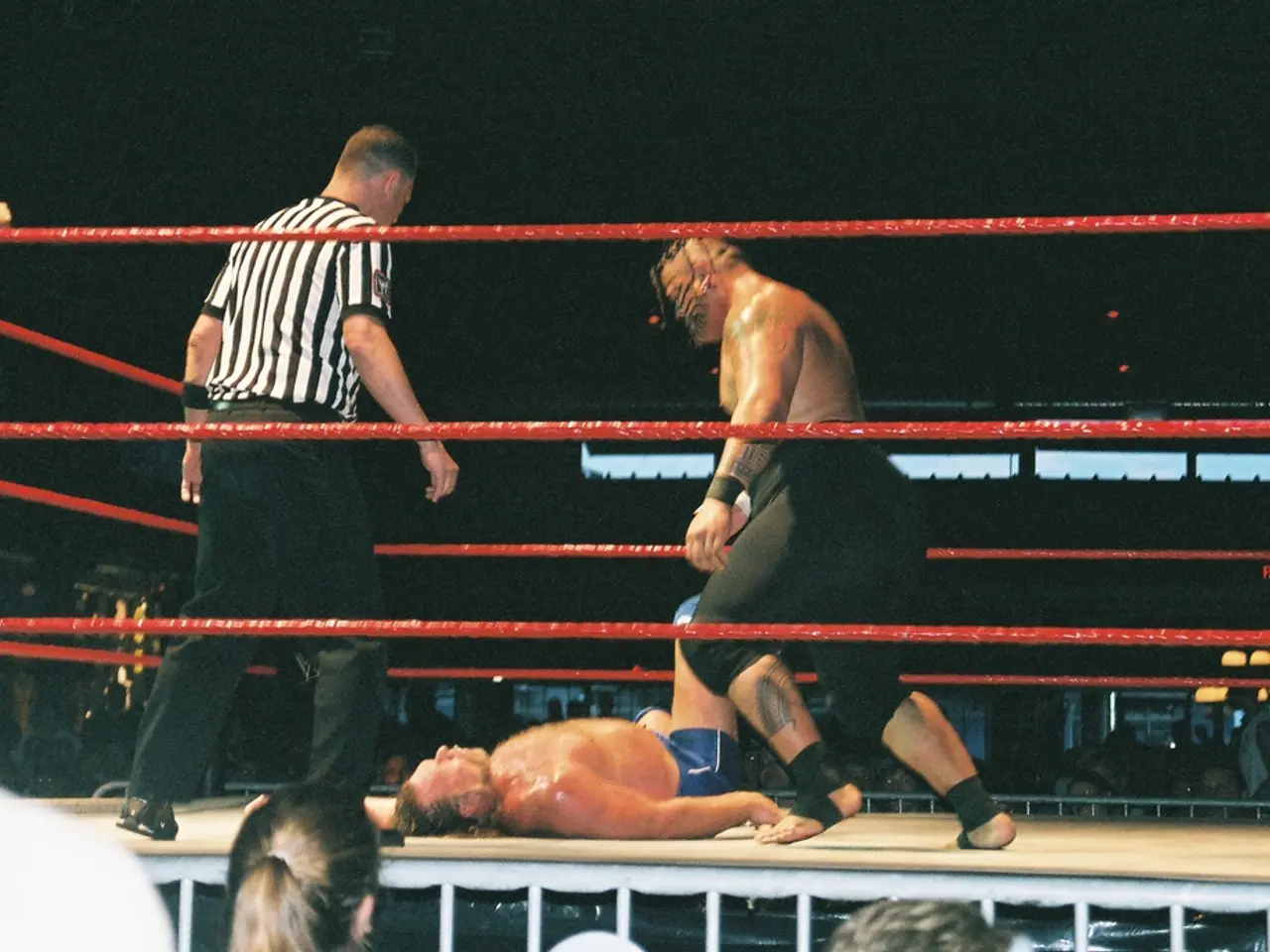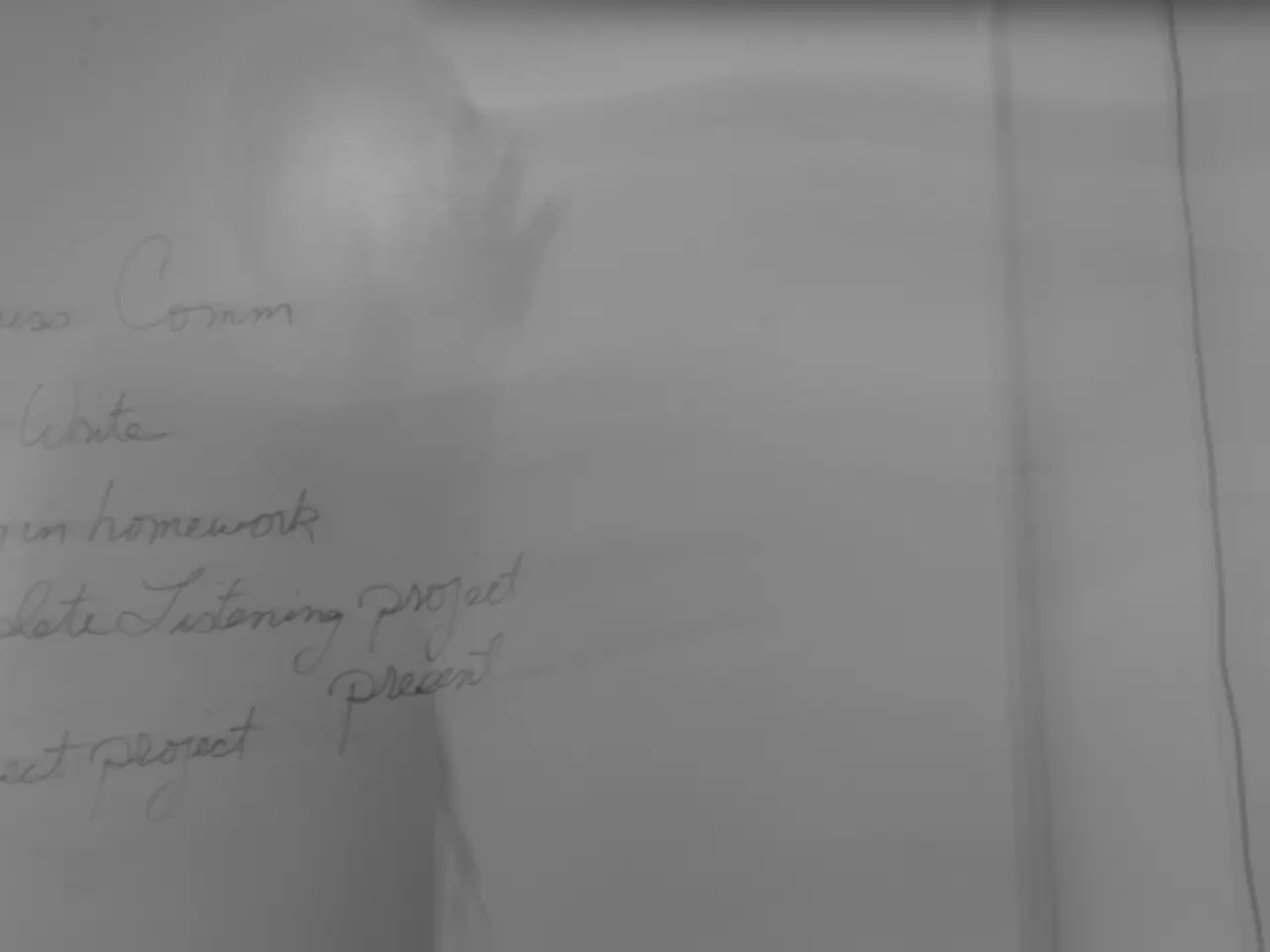Strengthening Recognition of Palestine Contributes to Widening Divide Among French Muslims and Jews
France has announced its intention to officially recognize the State of Palestine at the United Nations General Assembly in September, a move aimed at supporting Palestinian self-determination alongside Israel’s recognized statehood[1]. This decision aligns with France’s long-standing support for a two-state solution, but reactions from France’s Jewish and Muslim communities have been mixed.
The French government’s announcement emphasizes a historical commitment to both Jewish and Palestinian peoples’ rights to their homelands, highlighting France’s support for Israel since its founding and now affirming Palestinians’ right to statehood based on non-violence[1]. However, the reactions from France’s Jewish community, particularly from the Representative Council of French Jewish Institutions (CRIF), have been critical. Gerard Unger, vice president of CRIF, called President Emmanuel Macron's statehood announcement a "moral fault, a diplomatic error and a political danger," citing concerns over Israel's security[1].
Arno Klarsfeld, a prominent Jewish figure, also criticized the decision, stating it "cements the divorce with the Jewish community in France, considerably chills relations with Israel and the United States, and reinforces Hamas."[1] However, not all Jewish voices in France are critical. A Hassidic man in the 19th arrondissement, home to large Jewish and Arab populations, stated that the Jewish and Arab communities in the area try to maintain good relations[1].
Regarding the Muslim community, stronger support for Palestinian statehood could be more common, as Palestinians are majority Muslim. Abdallah Zekri, vice president of the French Council of the Muslim Faith, expressed satisfaction with the decision, stating, "Mr. Macron’s decision has been received with great satisfaction and joy."[1] However, some Muslim community members have reported an increase in hostile acts, such as receiving slices of ham in the mailbox and threats sent to homes[1].
Rabbi Michel Serfaty, who has worked for years building interfaith ties, did not take a clear position on Macron's announcement regarding Palestinian statehood[1]. Many Jews and Muslims in France's 19th arrondissement were reluctant to discuss the current tensions between the communities[1].
The broader context includes international political dynamics: France joins over 140 countries recognizing Palestine, a step seen as both symbolic and opening practical diplomatic avenues[2]. However, some observers consider the recognition a landmark move, while others view it as largely symbolic without immediate impact on the ground[2].
France's decision to recognize Palestinian statehood has sharply divided France's political class and deepened tensions between its Jewish and Muslim communities. A June survey from the French Institute of Public Opinion shows that most French people support the idea of Palestinian statehood, but most want the remaining Israeli hostages taken during the October 7 attacks freed and Hamas to surrender as conditions[1].
As the September UN General Assembly approaches, further reactions from France’s Jewish and Muslim communities are expected. Detailed reporting from community organizations or media would be needed to capture nuanced reactions and understand the full implications of France’s recognition of Palestinian statehood.
[1] BBC News, France to recognise Palestine at UN, 2025. [2] Al Jazeera, France to recognise Palestine at UN, 2025.
- The French government's decision to recognize Palestine aligns with France's support for a two-state solution in the Middle East, a move backed by over 140 countries, as reported by Al Jazeera in 2025.
- Although Gerard Unger, vice president of CRIF, criticized President Emmanuel Macron's statehood announcement as a "moral fault, a diplomatic error and a political danger," not all voices within France's Jewish community are in agreement, as a Hassidic man from the 19th arrondissement suggested [1].
- Abdallah Zekri, vice president of the French Council of the Muslim Faith, expressed satisfaction with the decision, stating that "Mr. Macron’s decision has been received with great satisfaction and joy" [1], while some Muslim community members in France have reported an increase in hostile acts, such as receiving slices of ham in the mailbox and threats sent to homes [1].
- As the September UN General Assembly approaches, news outlets such as BBC News predict further reactions from France's Jewish and Muslim communities, and detailed reporting from community organizations or media would be needed to capture nuanced reactions and understand the full implications of France’s recognition of Palestinian statehood.
- The UN General Assembly in September is anticipated to be a significant event in the ongoing war-and-conflicts between Israel and Palestine, with Europe, America, Africa, and the Middle East closely watching political developments in international general-news.
